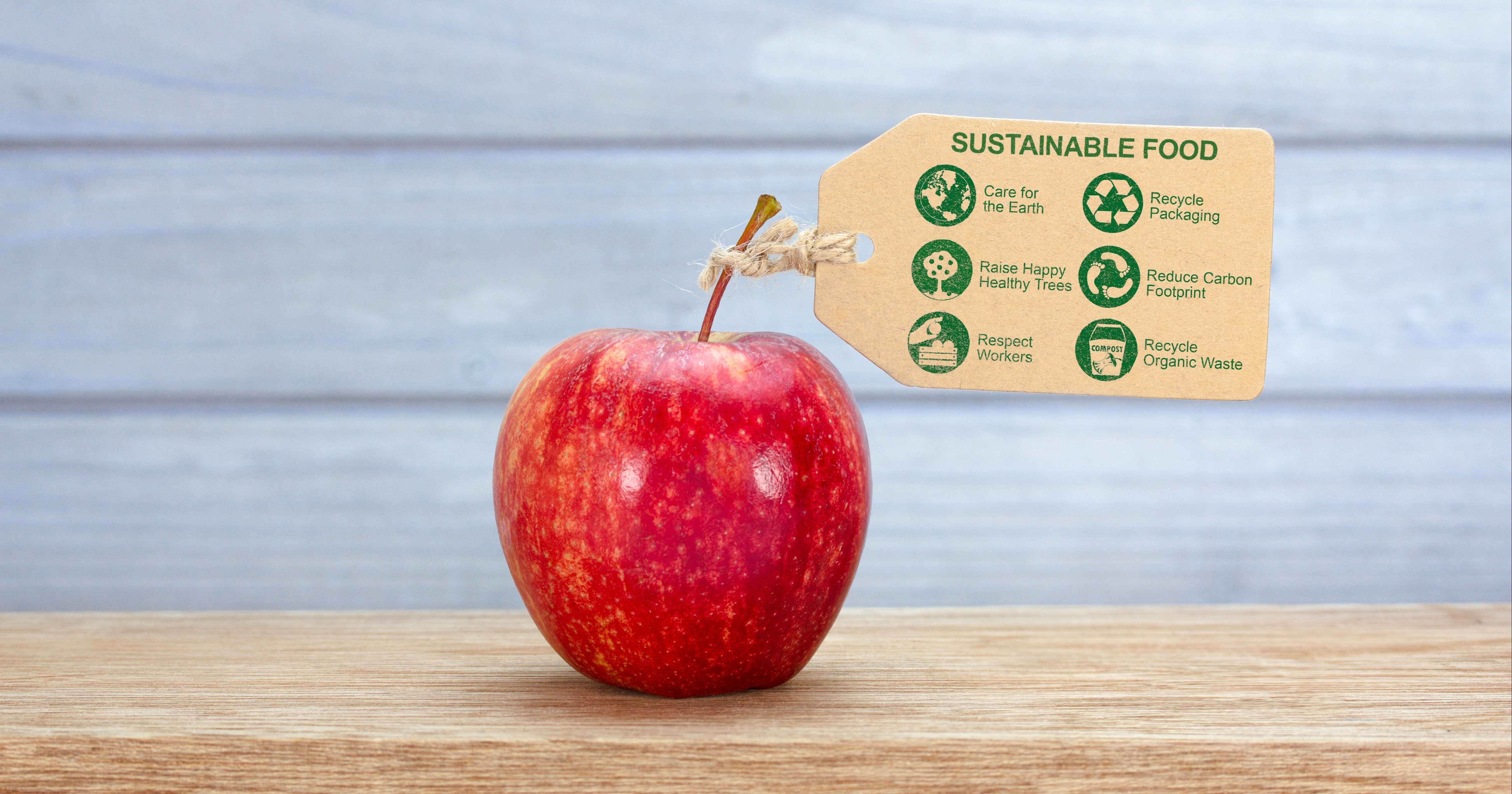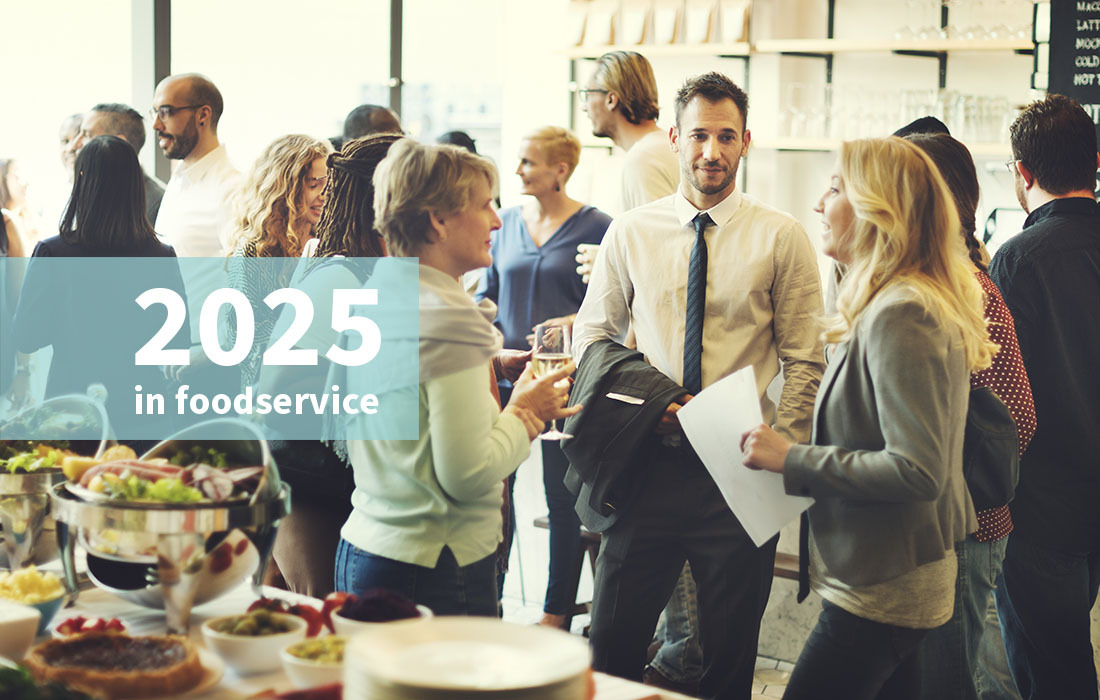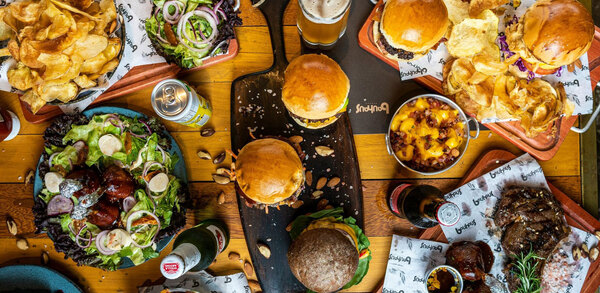'Making environmental and sustainability impact data available is key' says food procurement expert allmanhall
The International Food Information Council predicts we will show greater concern for the planet when making our purchase decisions, with sustainability and climate change making up two of the top five trends in food and nutrition.
Indeed, Part Two of the National Food Strategy (NFS) published earlier this year places greater focus on both sustainability and health. It addresses the sustainability challenges that we are all aware of within UK food production, as well as animal welfare, whilst also dealing with health issues related to poor diets.
Some of the NFS’s key recommendations call for systemic change that requires governmental, if not intergovernmental facilitation. For example, the introduction of mandatory reporting for large food companies; the support for agricultural payments (ELM) to illicit transitions to sustainable land use to address challenges of biodiversity; only supporting trade deals that have equivalence of environmental and animal welfare; large-scale investment in innovation to improve food systems; strengthening government procurement rules to focus on only healthy and sustainable food.
The National Food Strategy calls for the setting of targets and clear legislation. These are not things that will be actioned overnight but the call for a rapid response is increasingly evident in the latest information released by the Intergovernmental Panel on Climate Change (IPCC).
That’s all well and good but you may, like the team at allmanhall, independent food procurement experts, be asking what we can each do now to make a difference and play our part, however small. One of the first things to address is access to and availability of information and data, in day-to-day purchase decisions, to enable us all to make more sustainable decisions, even before it becomes a legislative requirement to do so.
This is in line with two key themes from COP26 in Glasgow – transparency of data and collaboration, working together to make a difference. allmanhall, with the goal of achieving the Science Based Target initiative, the accreditation for ambitious corporate climate action, realises that Scope 3 of this accreditation focuses on the indirect upstream and downstream emissions. In essence the emissions of allmanhall’s supply chain and of its clients.
This is why allmanhall is working with start-up organisation, ‘Foodsteps’ in partnership, to provide solutions for clients when it comes to carbon labelling of their food offering.
allmanhall’s ethos has always centred around 4 pillars: value, control, support and insight. Driving value for clients (the best food for the best cost savings); enabling clients to achieve control over their catering operations; delivering award-winning support and consultancy; providing access to insights to inform clients’ decision making.
allmanhall seeks to give catering and foodservice clients choice when it comes to the products they buy and the suppliers with whom they work, giving access to information to help them make informed decisions… The same goes for foodservice operators’ provision of information to the end consumer, so that the change in behaviour is ultimately consumer-led.

It is evident that, by partnering with Foodsteps, allmanhall is enabling clients to do just that. As published in The Caterer during the summer, Foodsteps will allow catering and foodservice providers to “upload recipes and view the sustainability impact of each ingredient. It can be used to monitor targets, develop new recipes and improve a menu or product's sustainability.”
allmanhall’s managing director, Oliver Hall hopes that “when buying food, we will soon find sustainability or environmental impact data is as accessible as nutrition and allergen data is today.” This ability to undertake environmental assessments, made possible via Foodsteps for example, will be imperative. As reported by The Caterer, in August 2021 Foodsteps gives foodservice teams the ability to “choose to print their own labels to communicate the environmental impact of a product. These labels provide a traffic light rating…with each label containing a QR code that buyers can scan to learn more.” Hall concludes by saying: “Improved understanding and better availability of information are both vital steps towards achieving more sustainable food supply.”
To find out more about allmanhall’s expert food procurement approach, please visit allmanhall.co.uk/sustainable-supply or contact the team: hello@allmanhall.co.uk
To learn more about Foodsteps, please read www.thecaterer.com/news/start-up-launches-carbon-labels-caterers-hospitality-businesses-foodsteps





















